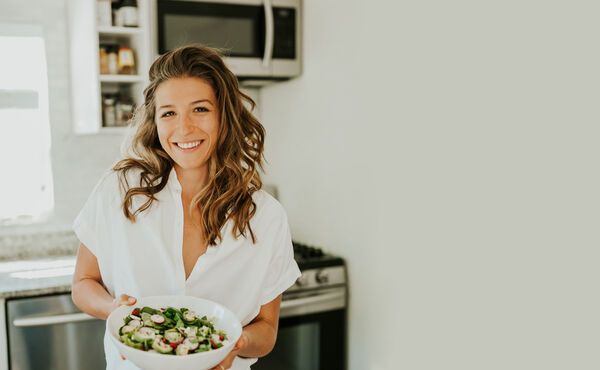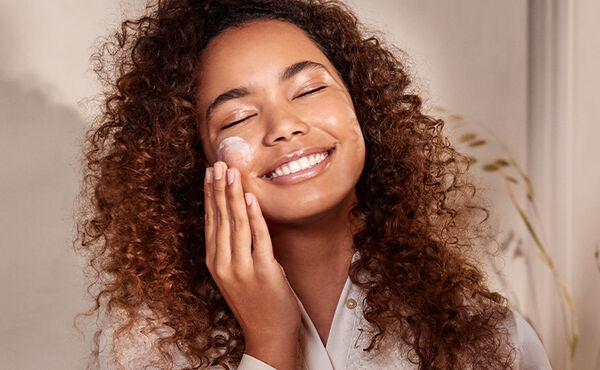Welcome to Skin Stories. In this series, we are spotlighting real-life women with real-life skin.
So many of us have insecurities around our complexion and, chances are, it doesn’t live up to the beauty industry’s unrealistic goals (shock). Isn’t it time we start talking about what real skin looks like? Today we are speaking to make-up artist and journalist Rose Gallagher. Here’s her skin story.
Can you tell us about your journey with rosacea?
I'd never really thought too much about my skin because as far as I could remember, it was always red. One day, a fellow journalist suggested I look into whether I had rosacea. I saw a dermatologist and then completely overhauled my routine. I made it a lot simpler and that completely changed things. My skin felt better, it looked better, and I started to realise I could actually manage my redness and reduce it.
How did you feel when you discovered you had rosacea?
Honestly, I was really surprised because I didn't realise that this redness I'd always had could be a condition or a thing, and I certainly didn't think there was any way of changing it. So, it really unlocked this whole new way of thinking.
What is your approach to skincare now?
My skincare philosophy is that as few steps as possible will do the best job. I used to really overthink skincare, and I would be using everything to try and get these great results. But there's a lot to be said for simplicity and consistency, and I find when I keep things really simple, that's when my skin looks the best.
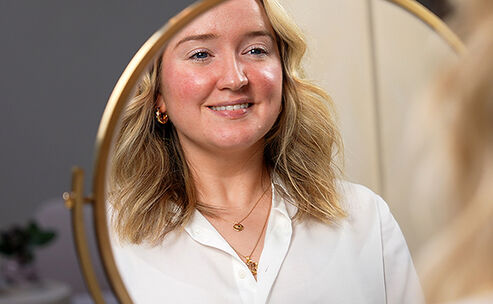
What do you look for in skincare products?
Hydrating ingredients because redness and rosacea can be quite dry naturally. Things like hyaluronic acid, which is an ingredient that really retains moisture for a lasting benefit throughout the day. Rich creams are great. Anything that's going to help to strengthen the skin barrier.
Do you see skincare as a mindful self-care practice?
Definitely. The nice thing about skincare is that it's a five minute pause - acknowledging that you're finished for the evening - and it helps you to get into the mindset of ‘now you can relax’. I think that approaching your routine with a conscious effort to speak to yourself well, and taking those moments of self-care, is so important. I really don't think it can be underestimated.
What inspired you to start talking about your rosacea story?
I realised when I started sharing my story that this impacts people in such a deep way. I spoke to a woman recently whose son is getting married, and she was so self-conscious that she didn't want to go to the wedding. I've spoken to so many women who won’t take their make-up off in front of their husbands before bed. When you don't feel comfortable in your skin it has this huge knock-on effect for all different areas of life. I think that it needs to be taken more seriously when someone isn't feeling great in themselves.
What do you want people to know about rosacea?
It's going to be fine. You can manage it, you can reduce it. It doesn't need to take control over you. See a medical professional, because everyone's skin is different, and then with your everyday skincare routine just try to keep your skin as comfortable as possible. Also, something that is always recommended is to keep a diary and track things like your diet, the weather, your stress. You’ll easily start to identify patterns.
What do you think are some of the biggest misconceptions about rosacea?
There are so many misconceptions; that you haven't cleansed your skin properly, that you're not eating the right thing, or you’ve had too much to drink. The reality is none of these are true. But second of all, rosacea is very unpredictable. A flare up is not necessarily a result of you having done something wrong.
How has your relationship with your skin changed over the years?
I've never felt held back by my redness because I always used makeup as a tool. But I've learned to be more at peace with it. I love the idea of neutrality when it comes to skin. I don't need to love my redness, but I can find a place where it doesn't bother me as much and I still go about my day, whether I'm red or not.
What’s your approach to make-up now?
Over the years my approach to make-up has changed from only using it to make my face and my skin less noticeable, to actually really enjoying the process of drawing attention to my face and bringing out my best features. You can still be skin positive and enjoy having a full face on. I see it as something that can bring me joy.
-
Promotions
Peržiūrėti išsamius duomenis12,90 €




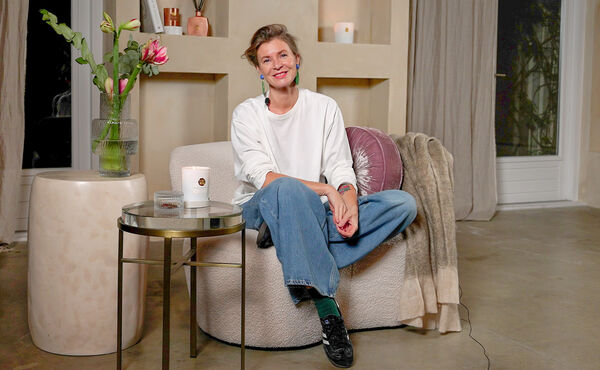
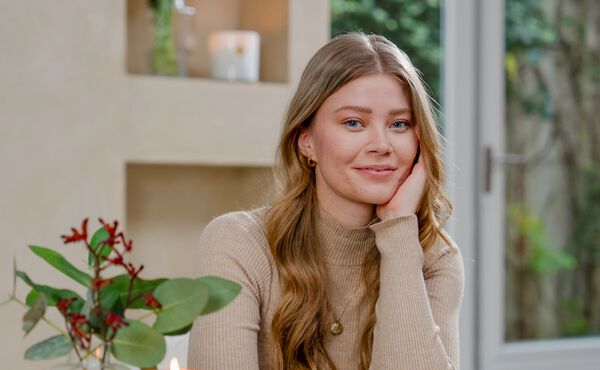
.jpg?sw=600&sh=370&sm=fit&cx=0&cy=0&cw=600&ch=370&sfrm=jpg)
